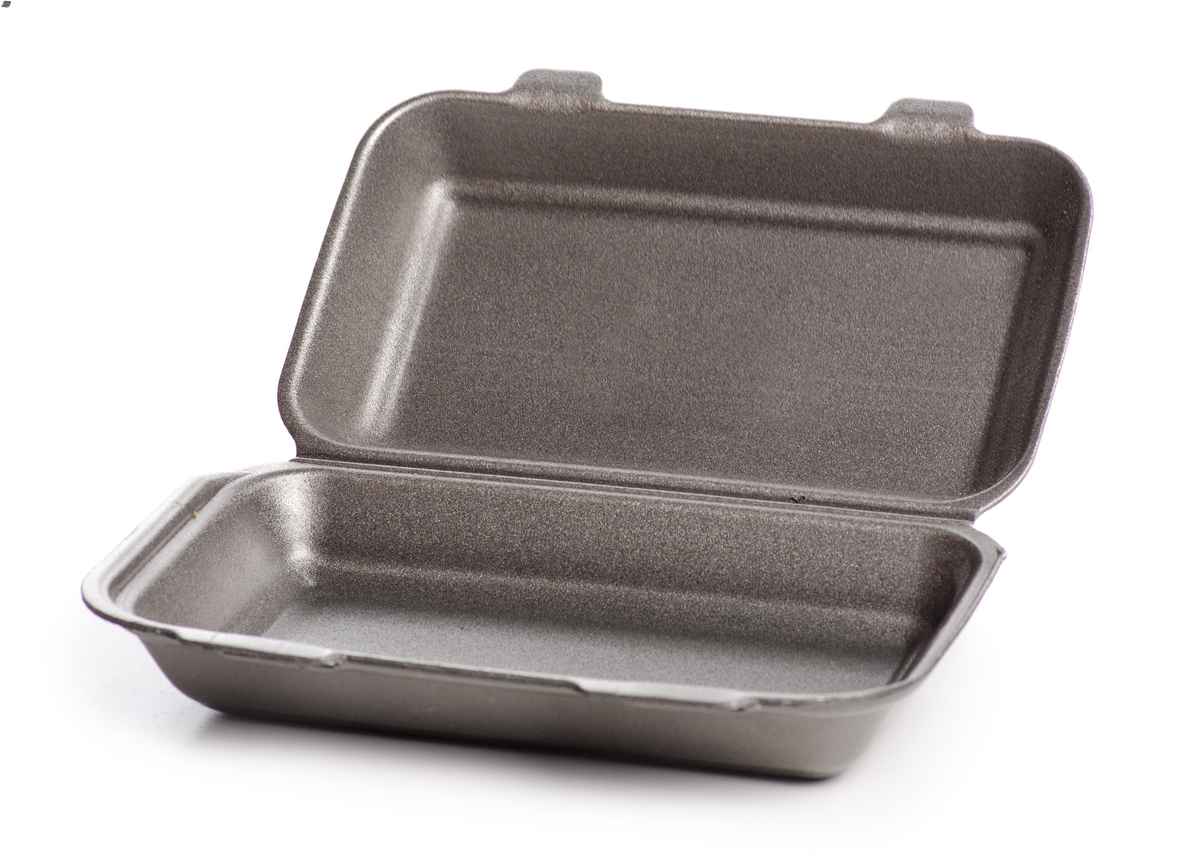
The Big Ban
Denver restaurant pros discuss the upcoming plastic and polystyrene ban.
On Tuesday, July 6, Governor Jared Polis picked up a pen and signed House Bill 21-1162 into law. The legislation aims to reduce single-use to-go containers and plastic bags starting in 2023; restaurant operators need to be clear on which of the new law’s provisions apply to their businesses. And given consumers’ all-things-to-go attitude, the public should expect some changes, too.
Beginning January 1, 2023, retailers (but not restaurants) must begin charging a 10-cent fee for all single-use plastic and recycled paper carryout bags. The plastic bag ban, which takes effect a year later on January 1, 2024, also does not apply to restaurants. “We worked with sponsors on an amendment to take restaurants out of the bill,” says Nicholas Hoover, manager of government affairs for the Colorado Restaurant Association (CRA). “For health and safety concerns, we believe food needs to be given to [customers] in single-use bags.”
Consumers may want to note that other businesses with plastic bags on hand as of December 31, 2023 can continue to provide them to customers for that same fee until June 1, 2024, though they cannot purchase more plastic bags during this period. But anyone who doesn’t have those plastic bags in inventory by the end of 2023—and everyone affected after June 1, 2024—can only provide recycled paper carryout bags for 10 cents.
The rules for polystyrene, also known as Styrofoam™, will, however, have a more lasting impact on the restaurant industry. Effective January 1, 2024, businesses cannot use polystyrene containers for takeout unless they already have inventory on hand. In that case, they can continue to distribute existing inventory until it’s gone. (Note that the law defines “container” as anything “upon which or inside which food may be placed for consumption, whether or not the receptacle can be fully closed.” That means polystyrene clamshells, plates, bowls, cups, and trays are all prohibited.)
“I THINK THIS IS GOING TO CAUSE AN OVERALL INDUSTRY SHIFT. [MANUFACTURERS] AREN’T GOING TO PRODUCE IT AS MUCH, SO IT WON’T BE AS ECONOMICAL TO MAKE IT FOR THE LITTLE GUYS.”
Krissy Ostermiller, Ya-Ye Organics
Restaurants might not be forced to comply with the entirety of House Bill 21-1162, but many of them want to do better and are seizing the opportunity. “I think it’s been a long time coming,” says Jeff Osaka, owner of Denver’s Osaka Ramen, Louisville’s Empire Lounge and Restaurant, and four metro-area Sushi-Rama locations. “For a state that touts its outdoors and natural resources, I think we’re way behind.” Colorado will be the 10th state to institute a similar law. California was the first, with Senate Bill 270 implementing nearly identical restrictions when it took full effect in late 2016. According to the Conservation Law Foundation, the California bag ban has since reduced plastic bag consumption by 71.5 percent.
While Colorado’s law is obviously geared toward larger retailers, grocery stores, and chains, there’s a sense its mere existence will have a positive ripple effect on both business practices and customer behavior. “No one is talking about why [the ban] is important,” says Krissy Ostermiller, founder of the Arvada-based meal delivery service Ya-Ye Organics. “I think this is going to cause an overall industry shift. [Manufacturers] aren’t going to produce it as much, so it won’t be as economical to make it for the little guys.” Kevin Burke, director of operations for the Culinary Creative group, agrees this is progress. “Creating awareness is good, especially in a year when sustainability was more or less thrown out the window,” he says.
With delivery and takeout at an all-time high, now is the moment to address the mountains of plastic bags and to-go containers deposited into the landfill each and every day. This bill marks a beginning, but it’s going to be a process. “The silver lining of all that time [before full implementation] is there’s going to be time to do the education,” says Robert Bogatin, the director of Resilient Restaurants, an offshoot of Good Business Colorado that sees 75 member companies addressing issues from sustainability to mental health and substance abuse in the restaurant industry. Bogatin is also part of the zero-waste coalition—along with members of Colorado Public Interest Research Group (CoPIRG), Environment Colorado, and Eco-Cycle—that was responsible for helping draft the bill’s language. Bogatin says initial estimates for how much money the state will collect are unclear, owing in part to a late addendum that lands a good deal of regulatory power in the hands of local municipalities.
“[GOVERNMENT WANTS] TO MAKE EVERYTHING IT CAN ABOUT PERSONAL RESPONSIBILITY RATHER THAN COLLECTIVE ACTION.”
Kevin Burke, Culinary Creative
But not everyone is happy about the law’s final version. Hoover of the CRA voices his frustration: “In the 11th hour, the bill was changed again, giving local governments the ability to regulate single-use plastics as of July 1, 2024. This local authority to regulate plastics—which could include anything from plastic bags to plastic wrap to plastic gloves—is a big concern for the restaurant industry, which utilizes many plastic products for sanitation and safety purposes.”
For Stephen Julia, co-owner of Curio, Brass Tacks, and Green Seed Market (all in Denver), much of his optimism is based on his belief the law has real potential to instigate social change at the level of the individual. “When they make that choice, it will spill over into other aspects of their lives,” he says, noting that even a small fee can encourage people to start thinking about environmental issues. Julia is also encouraged by what he sees as an uptick in the availability of affordable, sustainably produced containers. “It’s taken damn near five years to get the exact right packaging,” he says. Yuan Wonton’s Penelope Wong has also been inspired by a shift in customer values; many of her patrons ask her about packaging choices via social media.
Even as many members of Denver’s restaurant community have lauded the law’s intent, there’s some real dissatisfaction with its perceived shortcomings. “The bill was much more robust when it started, and it got whittled down to what you see now,” says Bogatin. As a result, he considers the legislation middling at best. “It feels a little like buck passing. It’s the technocratic thing of letting business solve government problems,” agrees Burke. “[Government wants] to make everything it can about personal responsibility rather than collective action.” But Wong believes that even a small nudge is a good thing. “I appreciate that they’re doing it because people aren’t going to do it on their own,” she says. “It’ll be minimal, but it will be impactful, whether it’s for the right reasons or not.”
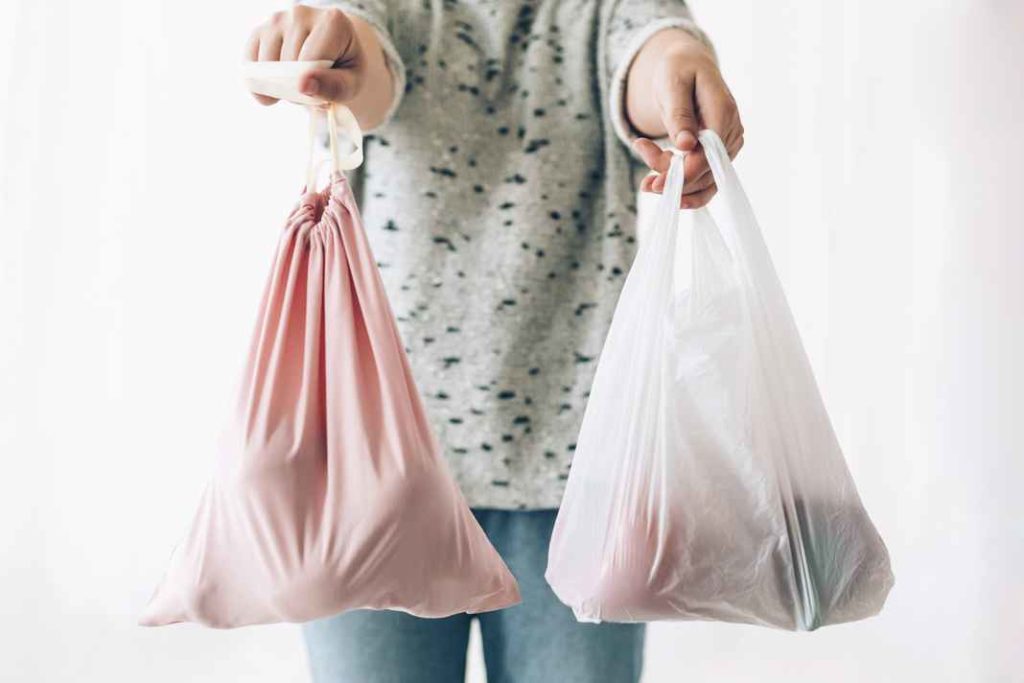
Others see the bill as hardly meeting the bare minimum, with self-congratulatory lawmakers doing very little to enact real change. “The government is good for people who kind of don’t give a shit and need to be told what to do,” says Tricia Maher, co-owner of Somebody People, a vegan spot in Denver that has become a local leader in sustainable practices since it opened in 2019. Maher believes there’s an opportunity for restaurants to pick up where the government has left off, noting that business owners can and should start their own coalitions to implement and encourage good environmental practices without the aid of a third party.
Bogatin has suggested Resilient Restaurants and similar groups will be responsible for stepping up where the law falls short. He and his team are currently working on implementing municipal and business outreach programs that will help smooth the transition from plastic to sustainable packaging. This includes plans to provide translation services and a focus on providing tools for underserved communities. “We need to make a strong message,” he says. “Everyone needs to do it or it doesn’t work.”
Talk to us! Email your experiences (and thoughts, opinions, and questions—anything, really) to askus@diningout.com.



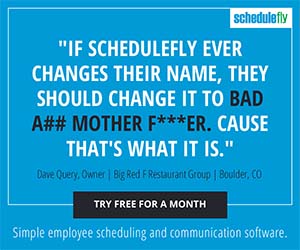
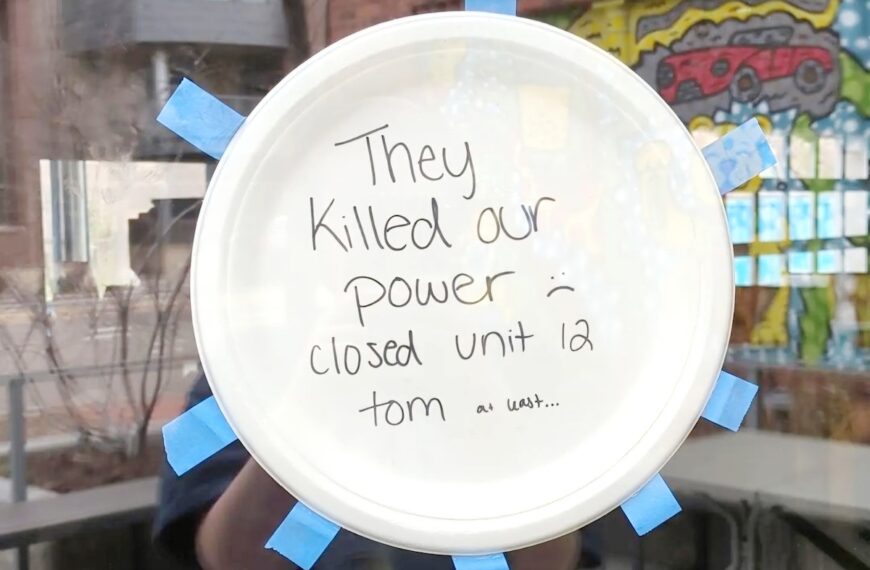
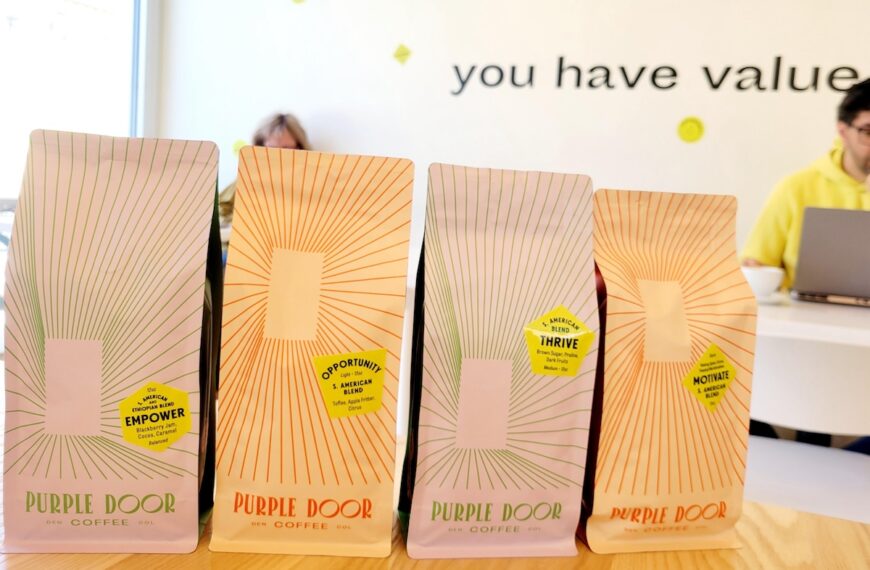
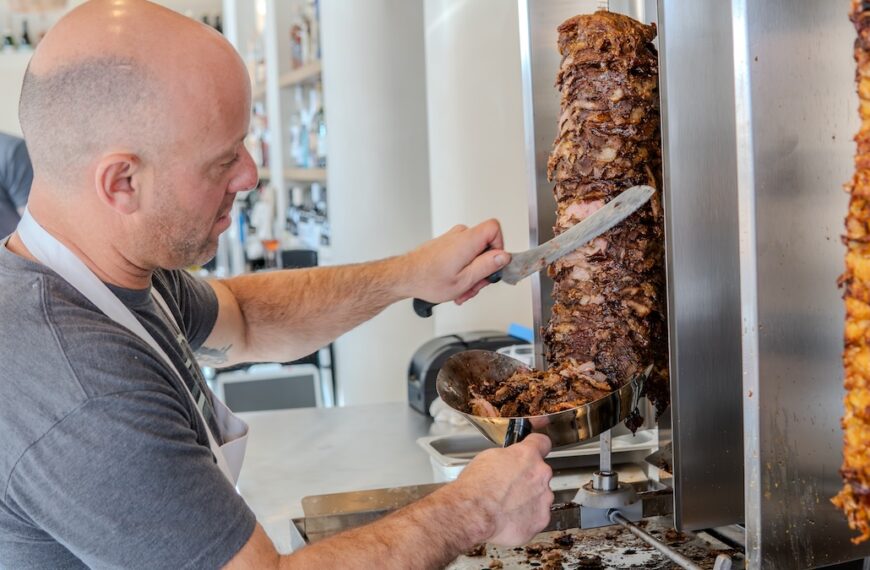

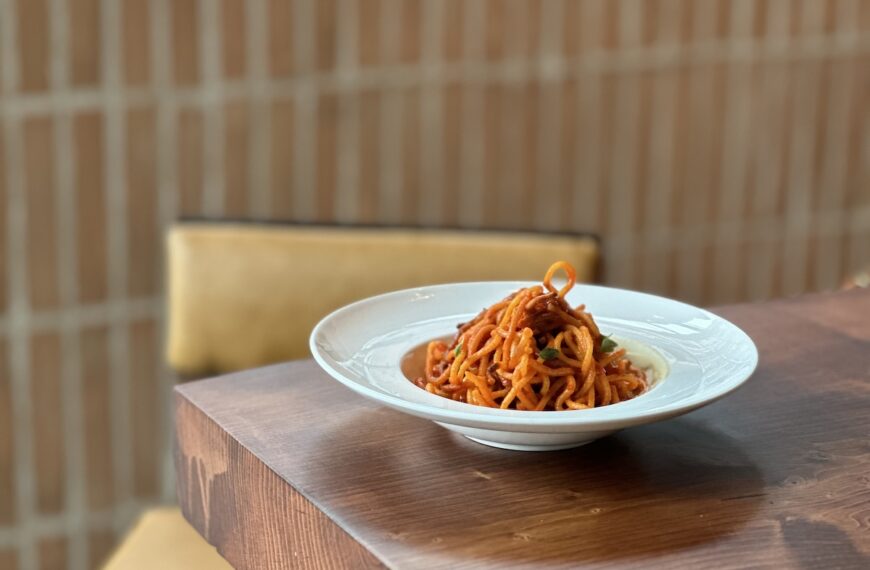



Comments are closed.